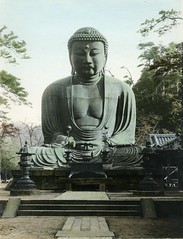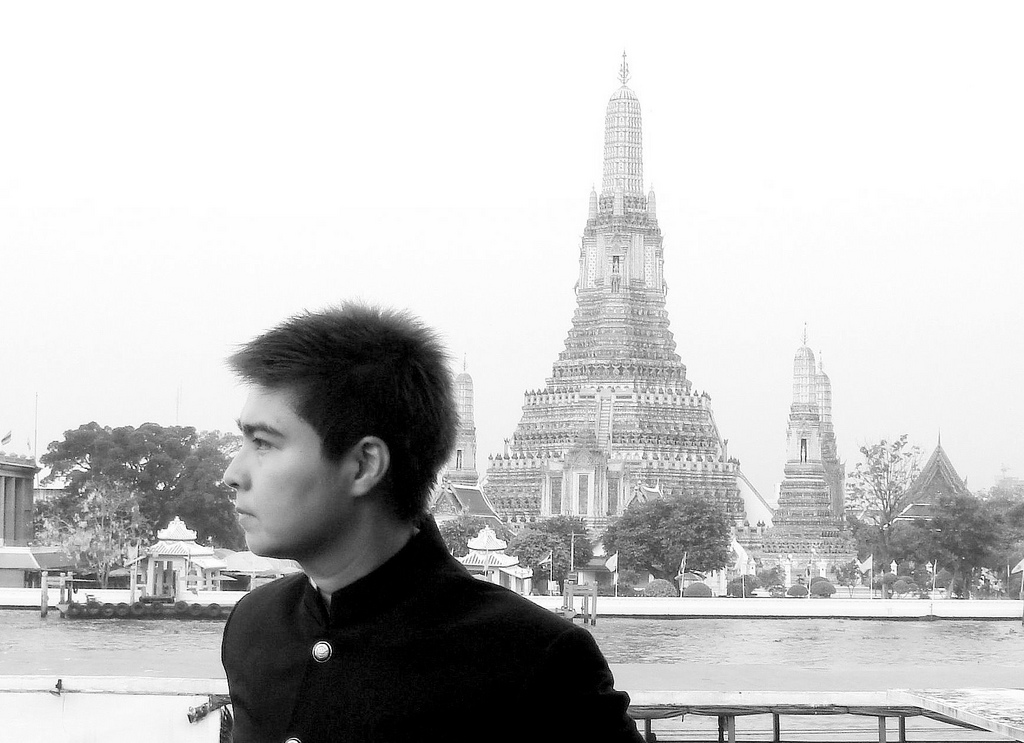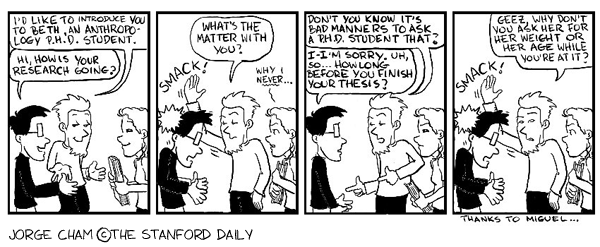These past few days, I’ve had several chances to spend time with sensei and learned many valuable things from him. In fact, I am so very tempted to blog all about it in My Japan Study Blog, but I have to force myself to stay focused on my goal, which is to keep other writings to the minimum, and try to dedicate all my time, energy, and creativity on one project alone—my dissertation!
Bit by bit, I start to realize how easily I could get distracted to write on other things, thinking it is related to my study. Well, it is related to my study! In fact, it will help me in the long term. But, at the moment, if I do not concentrate all my time and energy on this one project alone, I will never make progress according to the time line I wish to make.
So, reluctantly, all I’m gonna do now is just going to list just the topics of what I want to blog about and hope that one day I would be able to come back and expand on that in details, perhaps completed with the reference and further research into the issue, making it into several articles ready for publication!
One of the things that first came to mind when I thought of what I wanted to write is the differnces between Tameshigiri and Suemonogiri. Now, if you don’t practice Koryu Budo, especially the sword discipline, you won’t be familiar with these two terms. Let’s just say both are techniques of “cutting” the rolled up, soaked tatami mats with real samurai sword!
I am fortunate enough to be able to experience both techniques, both here in Thailand and Japan. And learning I got today is very enriching.
The second thing I want to write about is how resourceful and creative I found sensei is when he was teaching the kids. I don’t want to delve into details at this particular moment yet (otherwise it’ll be a spoiler!), but let’s just say that I really admire him for his intuition and creativity to find some relevance or usefulness for the “inner-strength training” of the samurai in the past for the people living in the contemporary world! He got them (and their mothers) fully engaged in the lesson that they could take out from the Dojo and makes real use of it in the everyday’s outside world! If people think ancient samurai inner-strength (กำลังภายใน) skills are irrelevant for today’s hustles-bustles, well, I’ve got a real surprise for them!
Third is what I like to call the “mind” element I notice more and more in each and every class I have with sensei. In Zen they have a word for it, “Isshin Denshin,” or the ability for the master to communicate with the disciple(s) with the mind and not using words and I think I used to blog about it already earlier in one of my blogs somewhere.
When I first read about it, the idea sounded very appealing, with a hint of romance, even, because it sounded as the sentence was taken right out of a novel or something. But to read about it and to actually experience it yourself is totally different issues here. In an attempt to be a good researcher, I tried to observe the non-verbal communication between sensei and other disciples also. It is the same. It is truly amazing how sensei could manage to actually “read” our mind and make himself understood without the use of words.
Well, there is much more I wanna blog about, but I’m a bit tired today. It has been a very long and productive day, I really appreicate the fact that he accepted me as one of his disciples. One guy in our group, a medical doctor from the Royal Navy (he’s still very young), said that he used to take many kind of martial arts before, but it is not very often to run into a master that could produce such inner power/strength like him! Most other peole only focuses on the technique, I think, while sensei focuses only on the development of the mind!
I guess this is it! The Development of the Mind! Sounds exactly like the name of the retreat I always go to Chiang Mai for - - - “The Development of the Mind for Knowledge and Peace & Wisdom!
















